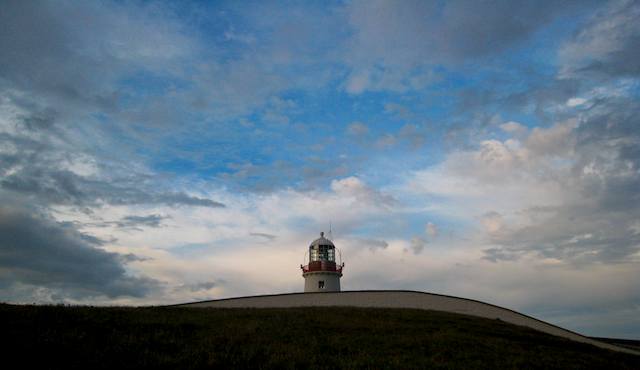Answer: probably yes. I’ve long suspected that anyway. Now comes this interesting report from an Austrian online news site…
According to reports, there may be a back door built into Skype, which allows connections to be bugged. The company has declined to expressly deny the allegations. At a meeting with representatives of ISPs and the Austrian regulator on lawful interception of IP based services held on 25th June, high-ranking officials at the Austrian interior ministry revealed that it is not a problem for them to listen in on Skype conversations.
This has been confirmed to heise online by a number of the parties present at the meeting. Skype declined to give a detailed response to specific enquiries from heise online as to whether Skype contains a back door and whether specific clients allowing access to a system or a specific key for decrypting data streams exist. The response from the eBay subsidiary’s press spokesman was brief, “Skype does not comment on media speculation. Skype has no further comment at this time.” There have been rumours of the existence of a special listening device which Skype is reported to offer for sale to interested states.
There has long been speculation that Skype may contain a back door. Because the vendor has not revealed details of its proprietary Skype protocol or of how the client works, questions as to what else Skype is capable of and what risks are involved in deploying it in an enterprise environment remain open.
Last week, Austrian broadcaster ORF, citing minutes from the meeting, reported that the Austrian police are able to listen in on Skype connections. Interior ministry spokesman Rudolf Gollia declined to provide heise online with a comment on the matter. He did, however, offer general comments on the meeting, which were, however, contradicted by other attendees…
I use Skype quite a lot and find it very useful for family stuff etc. But I wouldn’t use it for anything that was commercially sensitive.
Skype would be able to charge quite a hefty fee to governments for this, er, feature.
Also, I wonder how this latest speculation squares with an earlier report that I logged claiming the German police were unable to crack Skype encryption. Perhaps the Germans weren’t willing to pay Skype the required fee for entry to the back door?




